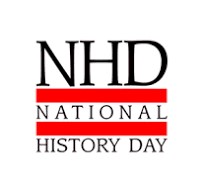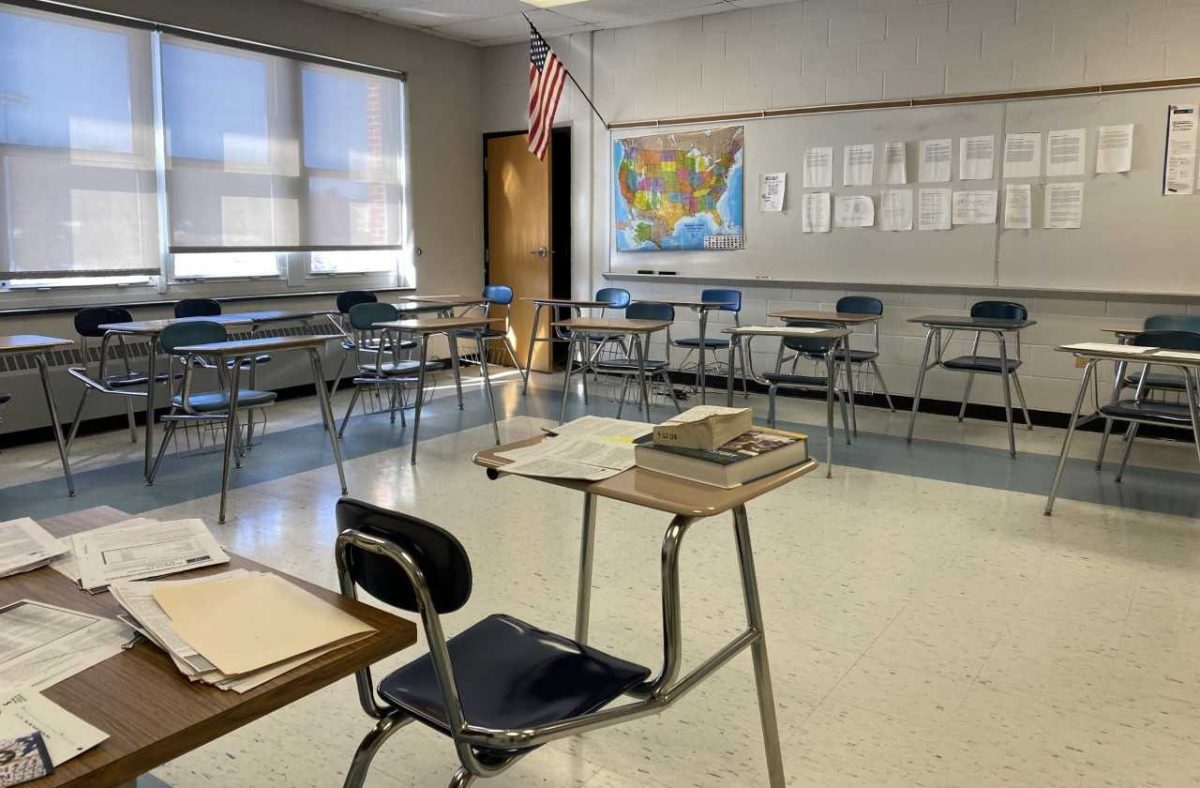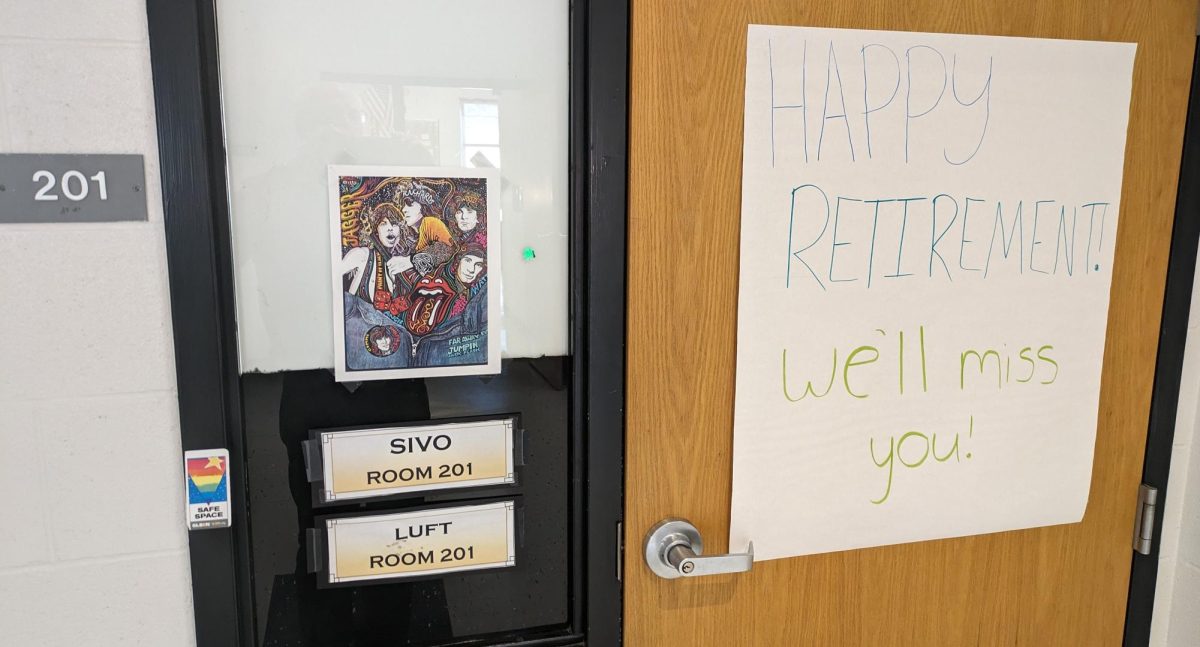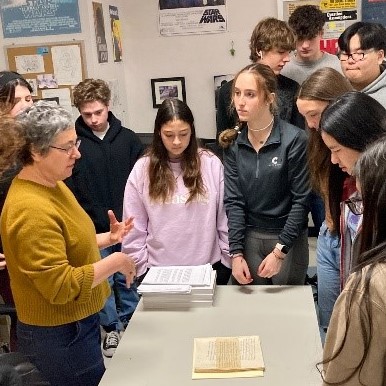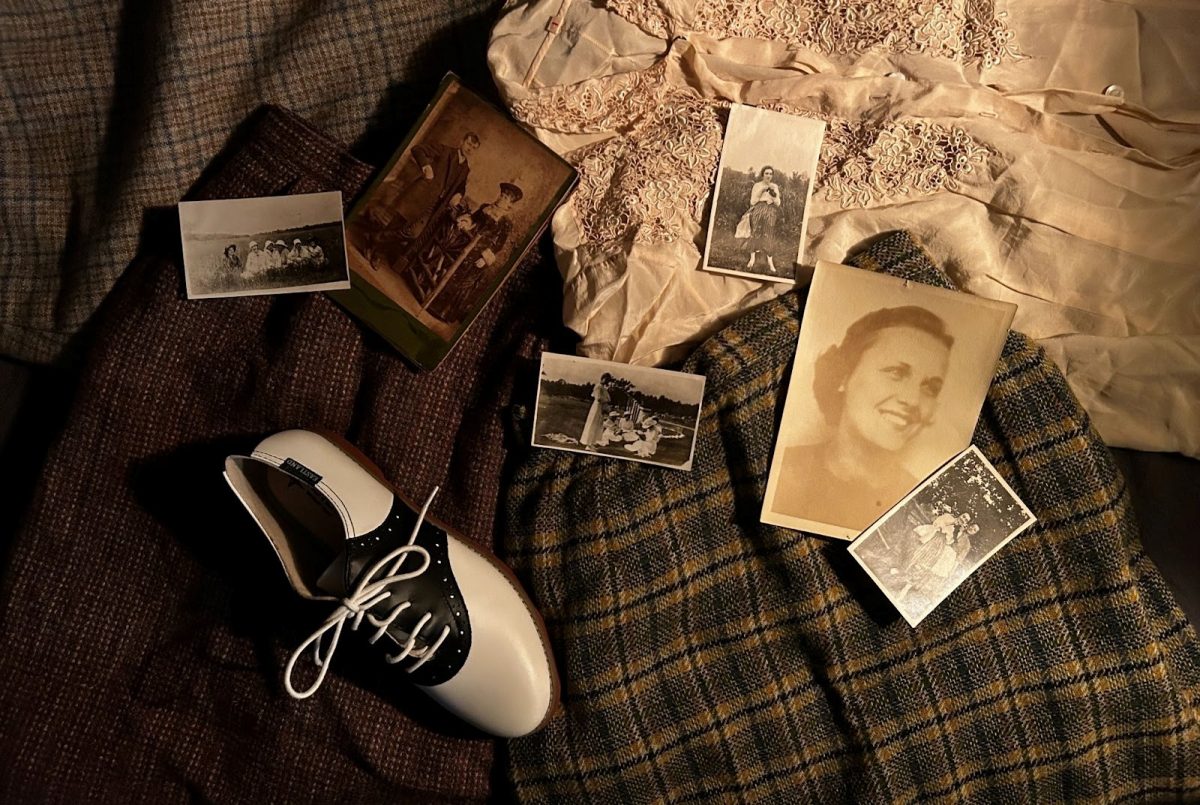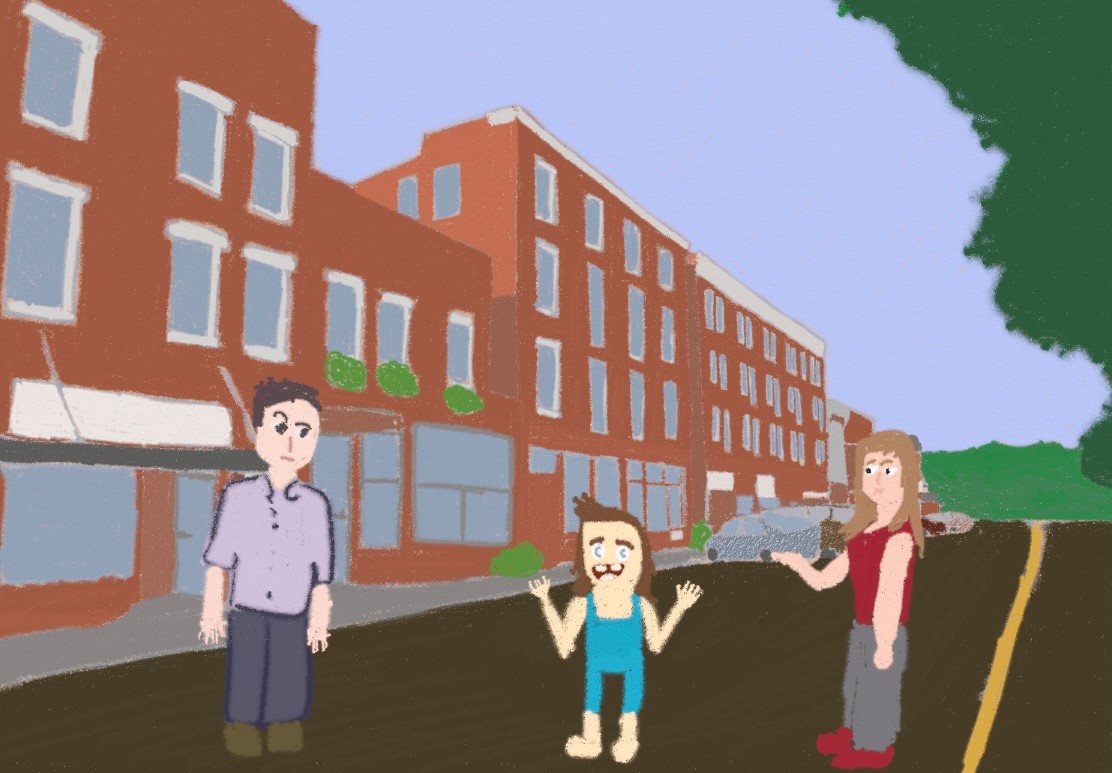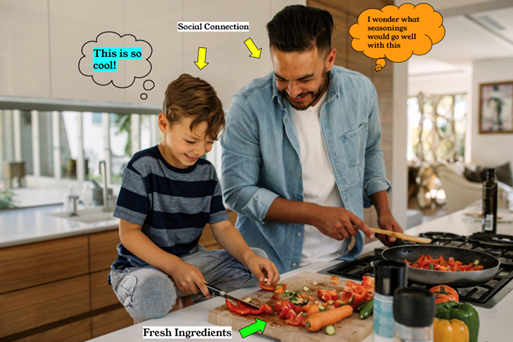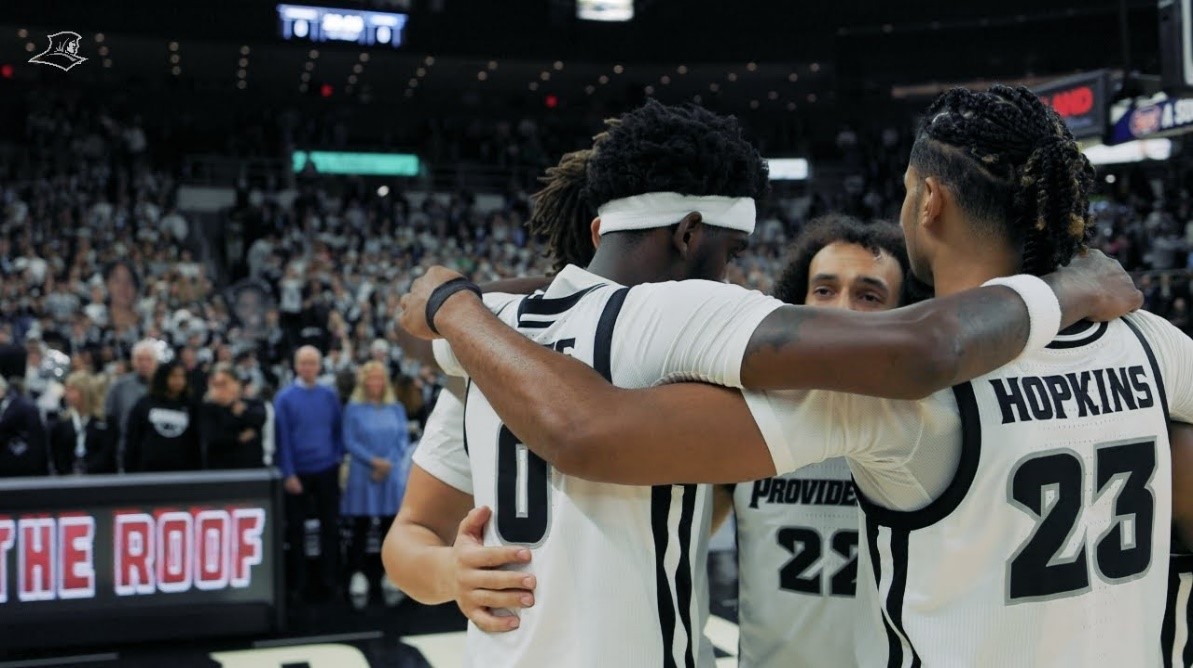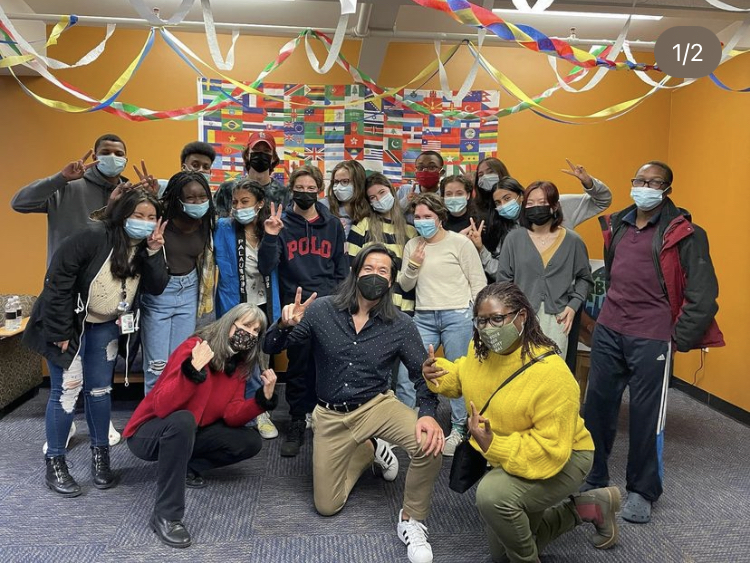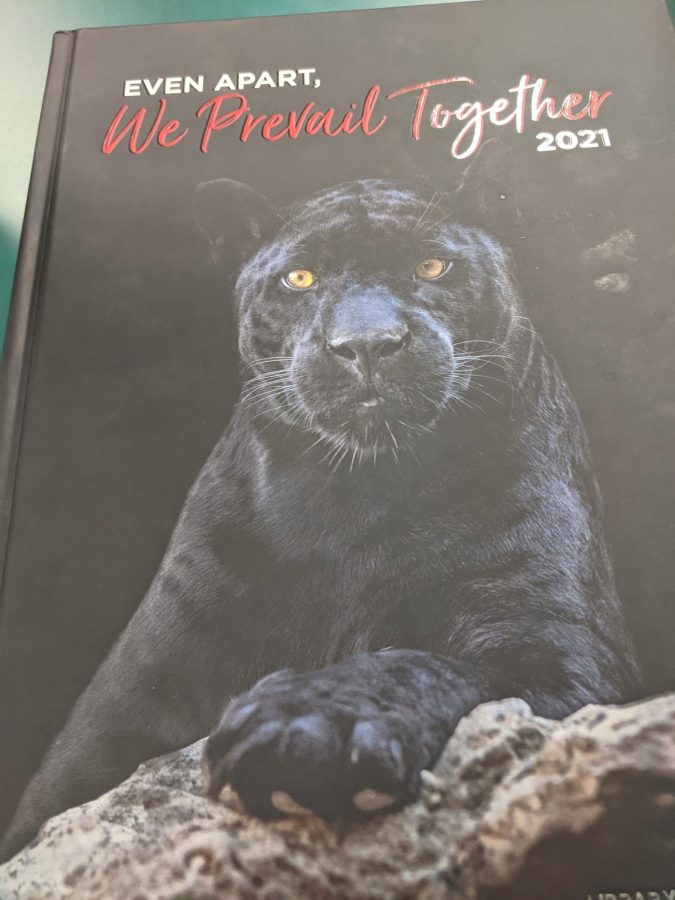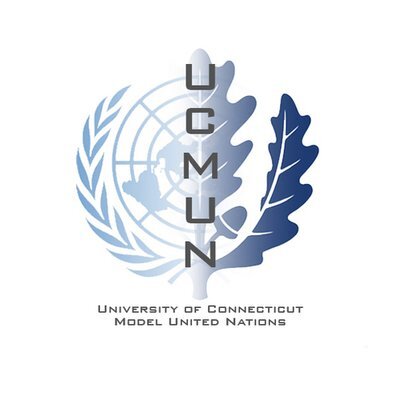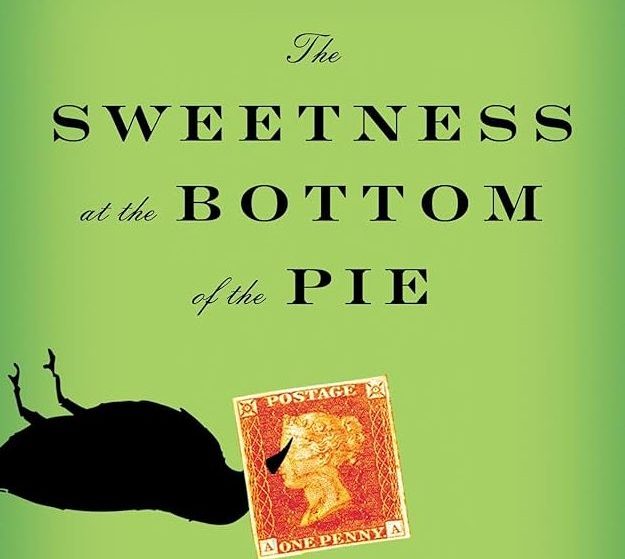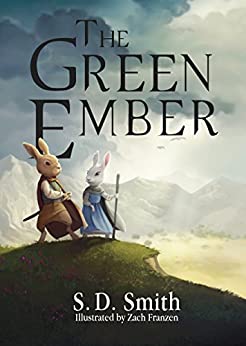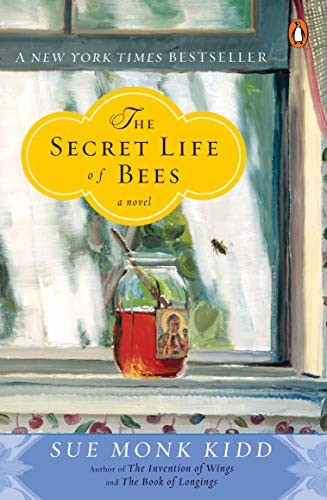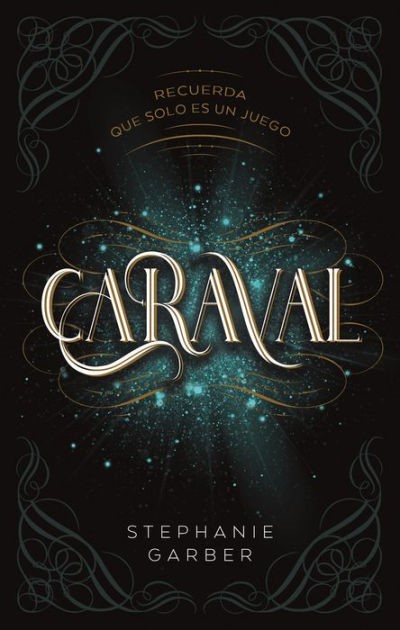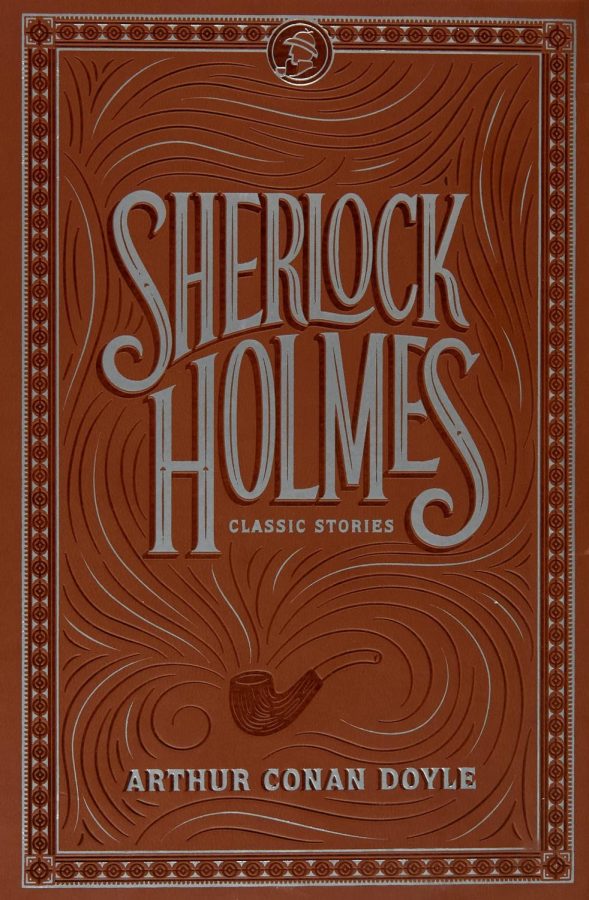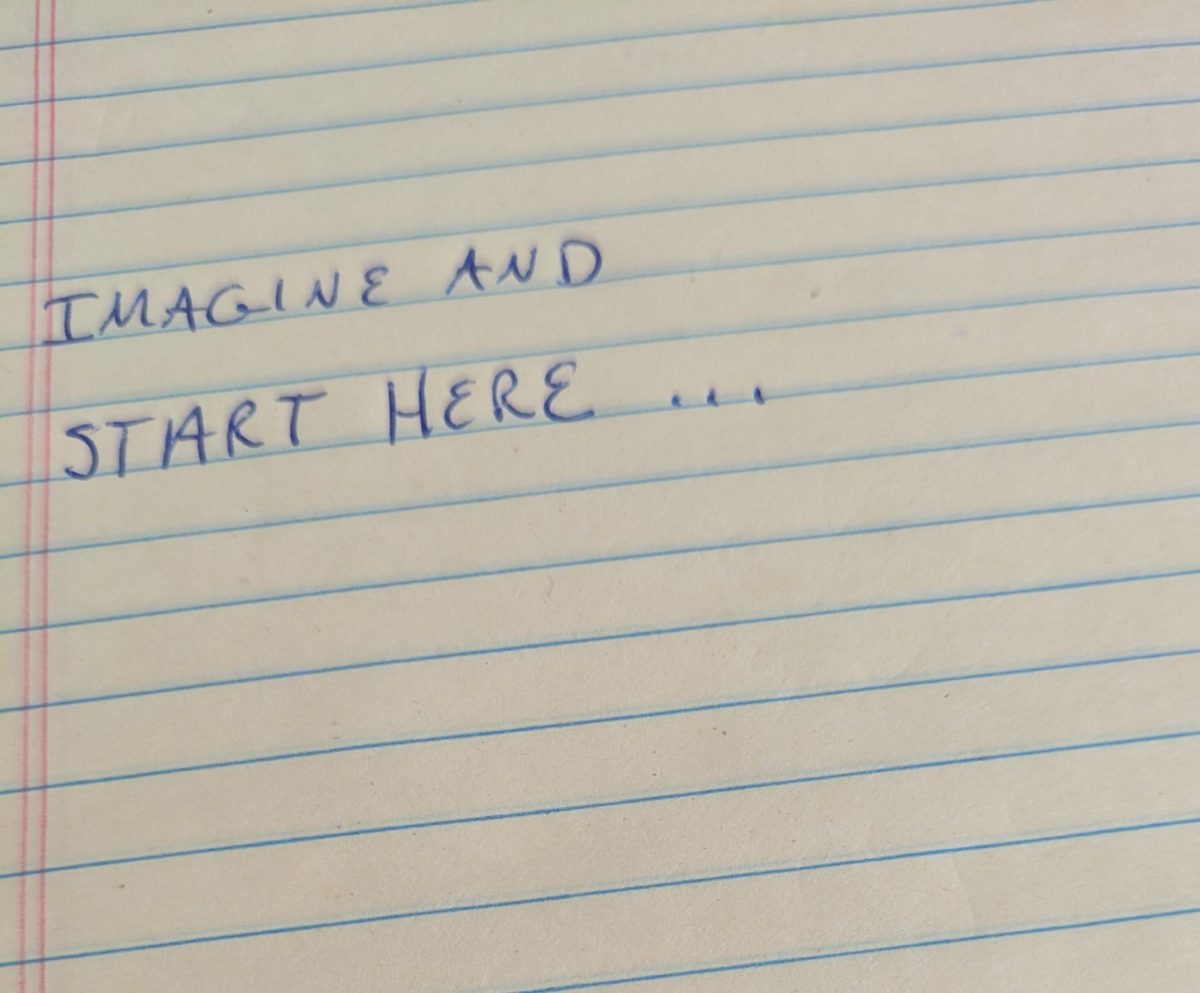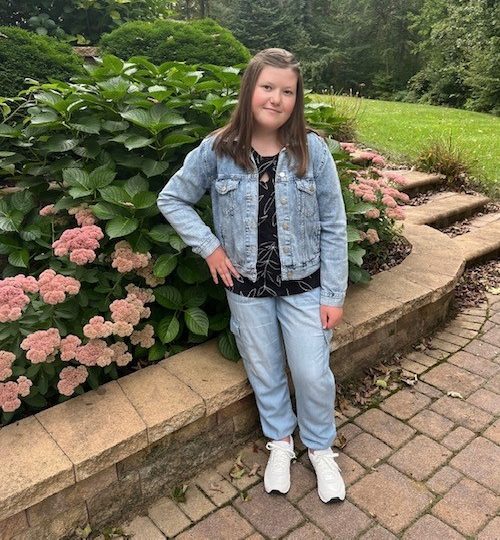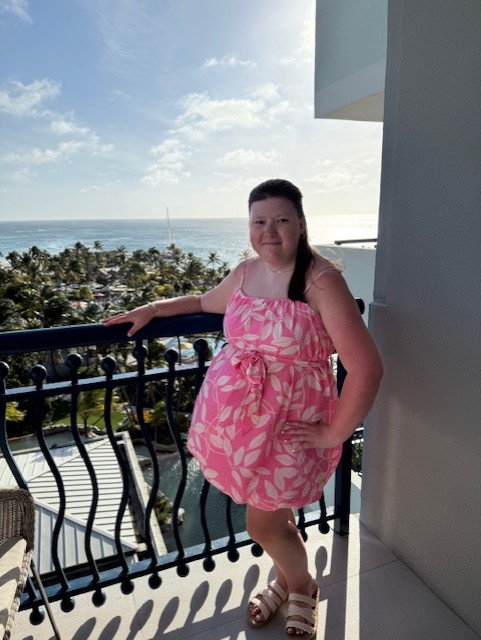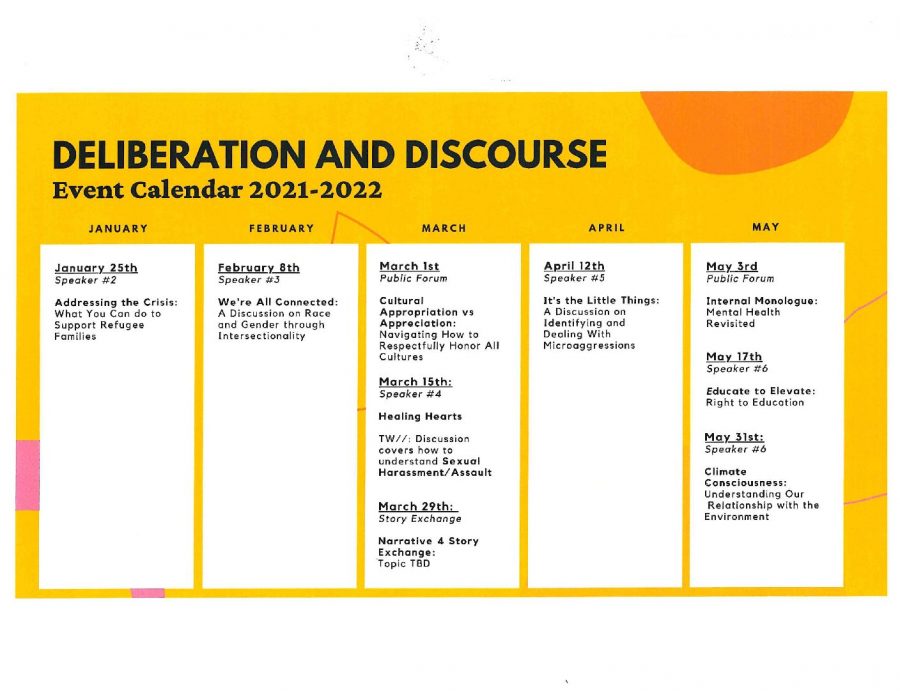Spring 2021: Progress During Pandemic
Deliberation and Discourse Project Continued Contributions During Pandemic
The Deliberation and Discourse Project made significant contributions last year and has plans in place for this school year.
December 6, 2021
The Deliberation and Discourse Project set to work in the few months after finishing up deliberations concerning two issues guides, one of which focused on race and identity and the other on political division. Both were pressing issues by the time of the deliberations and will continue to be topics of concern in the future. Amidst all the uncertainty with the pandemic, the Deliberation and Discourse group was able to work in different directions, and we are beginning to see the fruition of their endeavors.
The Subgroups
Audio Shelfies: According to Molly, a member of the audio shelfies group, audio shelfies are “where ordinary people are interviewed about books that have been influential in their lives. A simple question relating to a significant reading experience that has impacted them is asked. We record an audio file and post it to the Audio Shelfie website, along with a name and photo, or anonymously if that is desired. We have included many students, high school faculty and staff, and community members, many of whom are affiliated with the University of Connecticut and have acquired a number of incredibly inspiring stories.” Asking people about their opinion on reading is always very intriguing. Based on my own experience, it feels as if you are reading the book through the eyes of others. Listening to the interviewees’ responses is, in some ways, taking a peek into their past and their perception of the world.
Narrative 4: Narrative 4, in concise terms, is story sharing that encourages empathy. During the process, which typically lasts around two hours, participants are divided into several smaller groups after being introduced to the ground rules. It is in those smaller groups where they will get into the mood of sharing by answering some icebreaker questions. Afterwards, participants are each paired up with another person, with whom they will engage in story sharing. While stories relevant to one of the given prompts are preferable, any type of story is welcome. The most interesting part is the next step: After being brought back into the small groups, each and every person tells a partner’s story, speaking from their partner’s perspective. This is when everybody hears more stories, some funny, and some moving. The intriguing part is that when individuals hear their own story being told in the words of their partner, they begin to see how their story was perceived and what another saw as the story’s focus. It is an activity that encompasses active listening, sharing and empathizing. We were able to host one virtual Narrative 4 event in February, and most participants, including myself, regarded it a highly positive and empowering experience.
Participatory Budgeting (PB): Participatory Budgeting is the group with which I am most involved. The goal of PB, as described by our mission statement, is “a democratic process in which community members decide how to spend part of a public budget. It gives people real power over real money.” The often year-long process of PB, in essence, is getting funds, asking students to formulate projects that will improve the school experience, and, finally, voting to decide which project is to be acted upon. PB is a novel endeavor for us, but everything has been running smoothly. After obtaining funds from UCONN, we were able to allocate around $1000 to carry out whatever project students decide would be the most beneficial for the school as a whole. The participatory budgeting group will work toward supporting a project in the 2021-22 school year.
Deliberation/Speakers Series: With the hard work of the deliberation/speakers series group, we have had three speakers. The group is looking forward to having one last speaker and a deliberation before the end of the school year. The speakers series has proved to be an extremely worthwhile venture, and listening to a speaker who has so much to offer would certainly be a great way to spend your Thursday evening, especially if you are passionate about the topic of the lecture. Listening to and understanding these outside voices that we are bringing in is an excellent way to reflect on our progress and to consider what we could do in the future as a community.
There is so much more to the Deliberation and Discourse Project; as time passes by and our efforts bloom, we continue dreaming, dreaming of a better community.
Editor’s Note: This story was written last spring for the Panther Press, but is published for the first time here.
